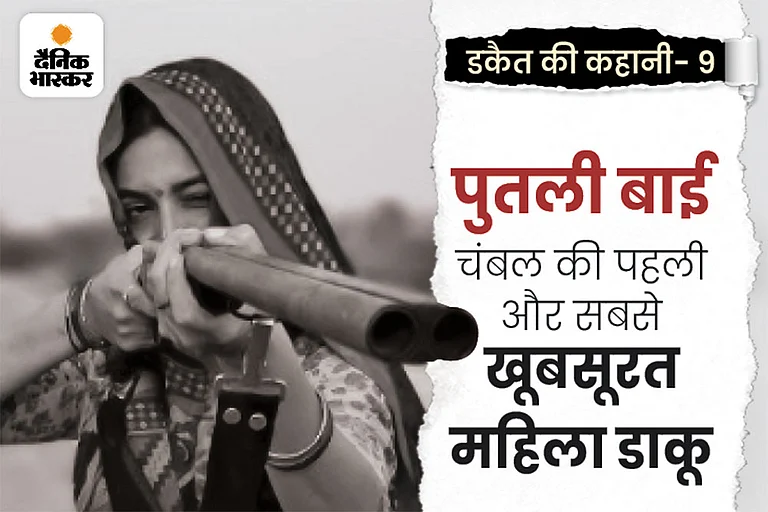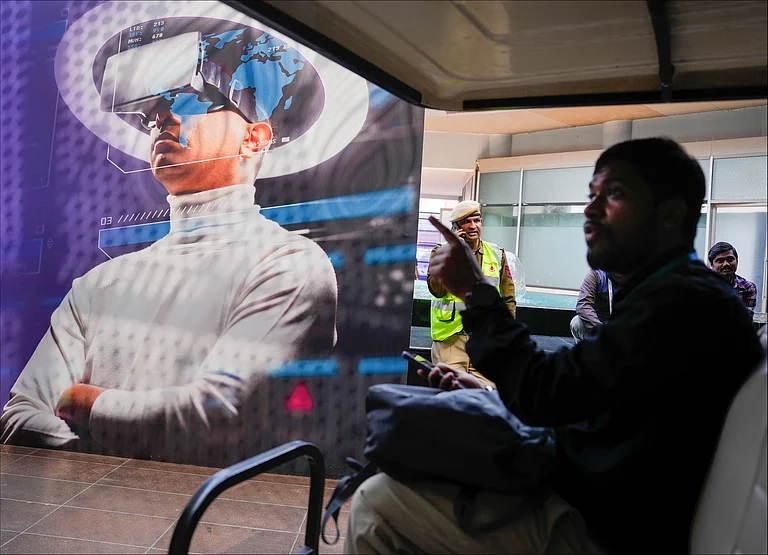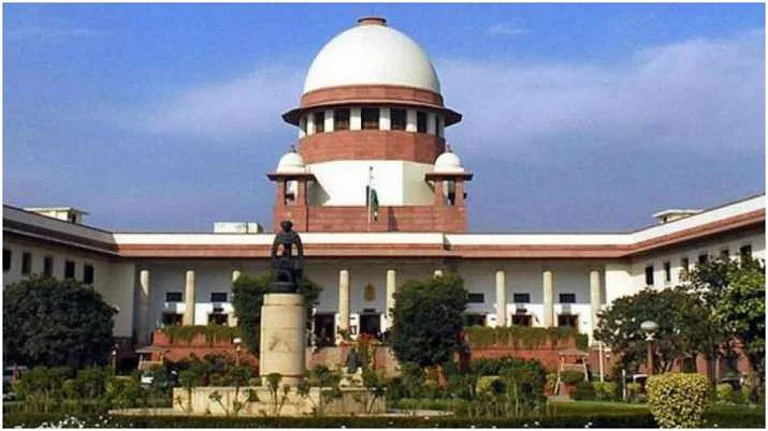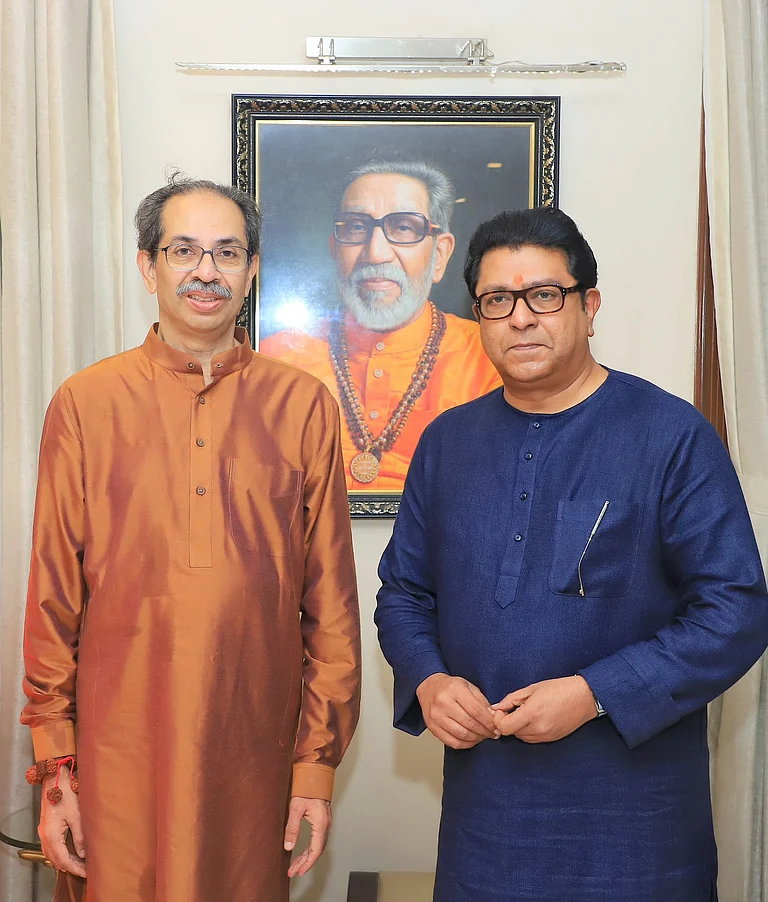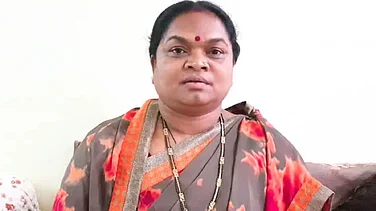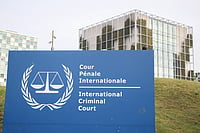
Summary of this article
1. Enacted in 1999 to combat the rise of organised crime in the 1990s, MCOCA grants sweeping powers, including extended custody, admissible police confessions, special courts, etc.
2. MCOCA has been instrumental in targeting underworld gangs, terror networks, and political-criminal alliances.
3. It has also faced criticism for misuse and overreach.
A special court in Mumbai, set up under the Maharashtra Control of Organised Crime Act (MCOCA), on August 12 has struck down a high-profile case linking alleged associates of underworld don Dawood Ibrahim to an extortion racket. Four accused were acquitted, while Danish Ahmed, described by police as a close aide of Dawood’s nephew Sohail Kaskar, was discharged. The court pointed to serious procedural lapses, a defective prosecution sanction, and a lack of credible evidence.
Earlier, another MCOCA court had acquitted four alleged members of a crime syndicate reportedly led by Anees Ibrahim, Dawood’s brother. What is MCOCA, and why is it termed as Maharashtra’s most feared law? What is the historical context of the law?
Why MCOCA Was Born?
The Maharashtra Control of Organised Crime Act came into force in 1999, during one of the most violent phases in the state’s criminal history. Through the 1990s, Mumbai was gripped by gang wars, extortion rackets, and politically linked contract killings. Syndicates led by Dawood Ibrahim, Chhota Rajan, and Arun Gawli were not only entrenched in the city’s economy but also allegedly had deep international and political connections.
Existing laws like the Indian Penal Code (IPC) and the Criminal Procedure Code (CrPC) were simply not equipped to take on such highly organised and resourceful criminal enterprises. Investigations would often collapse because they targeted isolated crimes rather than the larger syndicate, allowing gang leaders to escape conviction.
MCOCA was designed to change that. It introduced sweeping powers, extended police custody, admissibility of confessions made to senior police officers (unlike regular criminal law), special fast-track courts, and stringent bail conditions. The Act also allowed authorities to attach properties believed to have been acquired through criminal proceeds. Crucially, it shifted the legal focus from single offences to proving “continuing unlawful activity” by an organised crime syndicate, making it easier to connect multiple cases and secure convictions.
A Double-Edged Sword
Over the last 25 years, MCOCA has been a game-changer in organised crime prosecutions. It has been used to target gangsters, drug cartels, terror networks, and even political-criminal alliances. However, its strict provisions have also drawn criticism. Rights advocates warn that its broad definitions leave room for misuse, with police sometimes invoking MCOCA in cases far removed from its original intent.
Courts have been equally clear: while the law is powerful, it must be used with precision. Procedural compliance, especially in securing the state’s sanction to prosecute, has been repeatedly stressed. Failures in this area have led to several high-profile acquittals, including the latest Dawood-linked case, showing that MCOCA’s strength can be undermined by investigative lapses.
Recently, Maharashtra’s Deputy Chief Minister Ajit Pawar said he has specifically asked the Beed police to take strict action, including invoking MCOCA against anyone found violating the law. “We must change our mindset first. Beed has witnessed certain damage to its reputation in recent times, and we must recover from it. We have to rectify our mistakes. Those who are erring need to be penalised,” said Pawar, who is also the district guardian minister for Beed.
“I have told the police not to think of anybody’s caste or creed or affiliations while taking action. A person breaking the law, no matter who he is, what his political affiliations are, whether from the parties in government or opposition, or no political party at all, must be penalised as per law and the Constitution. Law is equal for all,” he said.
Two And A Half Decades Of MCOCA: Landmark Cases
1999 – First Use of MCOCA
Soon after its enactment, MCOCA was invoked against members of the Chhota Rajan gang for extortion and contract killing cases in Mumbai. This set the precedent for the law being used against established underworld networks.
2003 – Gawli Gang Case
Arun Gawli, a former underworld don turned politician, was booked under MCOCA for running an organised crime syndicate. The case demonstrated the law’s reach into the nexus between politics and organised crime.
2006 – Aurangabad Arms Haul Case
MCOCA was invoked against alleged Lashkar-e-Taiba operatives involved in transporting arms and explosives to Maharashtra. The case expanded MCOCA’s application into terrorism-linked offences.
2008 – Malegaon Blast Case
In the aftermath of the 2008 Malegaon bomb blasts, MCOCA was applied against the accused, including members of right-wing extremist groups. However, the sanction to prosecute under MCOCA was later dropped, sparking debates over misuse and procedural lapses.
2011 – Arun Gawli Conviction
A major victory for prosecutors came when Arun Gawli was convicted under MCOCA for the murder of Shiv Sena corporator Kamlakar Jamsandekar, receiving a life sentence. It underscored MCOCA’s ability to secure convictions in political-criminal cases.
2015 – Chhota Rajan Associates Case
MCOCA was applied to a series of extortion cases linked to fugitive gangster Chhota Rajan’s network, showing its continued relevance in tackling underworld operations.
2018 – Qureshi–Mohammad Ali Drug Cartel Case
The law was used against a drug trafficking syndicate operating across Mumbai and Gujarat, demonstrating its adaptability to newer forms of organised crime beyond the traditional underworld.
2024–25 – Dawood-Linked Extortion Case Collapse
A special court acquitted four accused and discharged one, Danish Ahmed, in a high-profile MCOCA case involving alleged links to Dawood Ibrahim’s nephew. The court cited procedural lapses, defective sanctions, and lack of evidence, a reminder that the law’s strength is undermined when due process is not followed.




